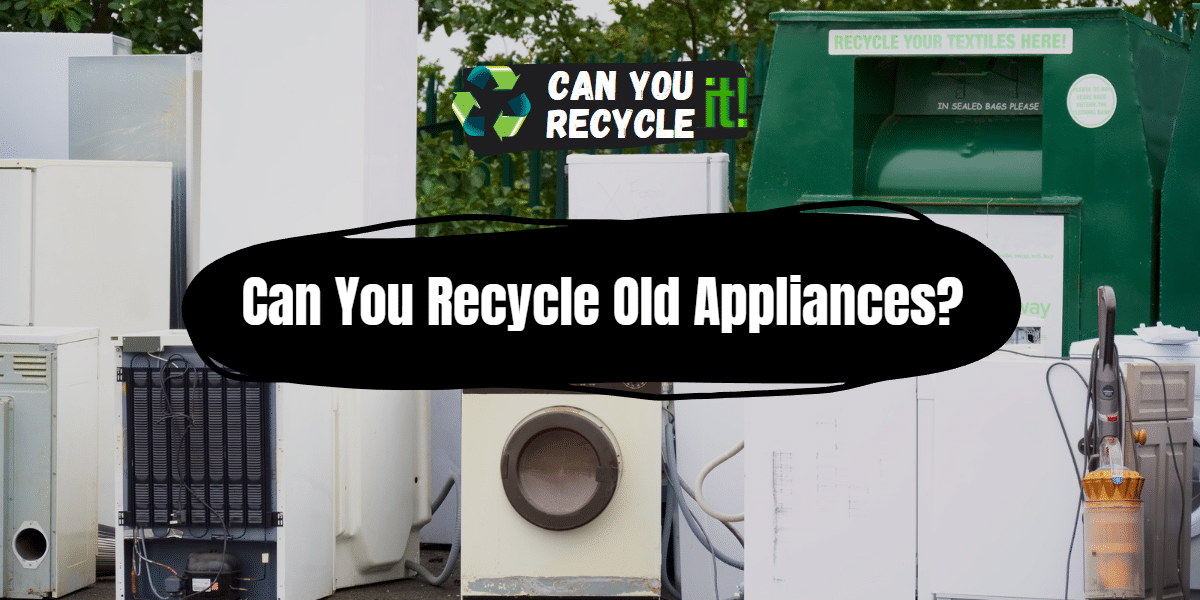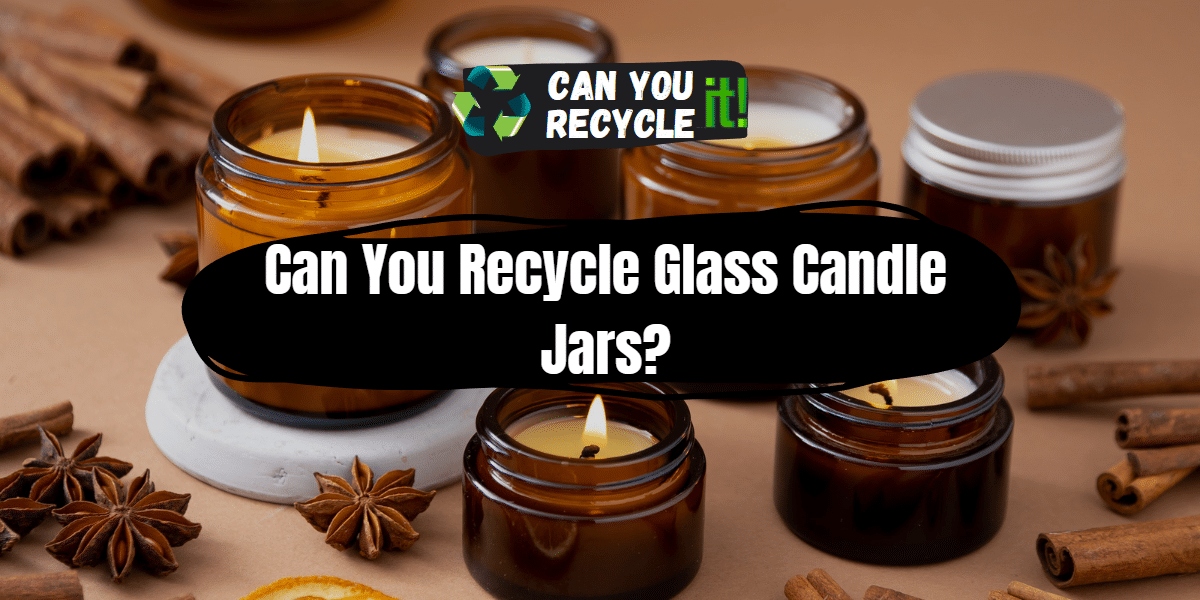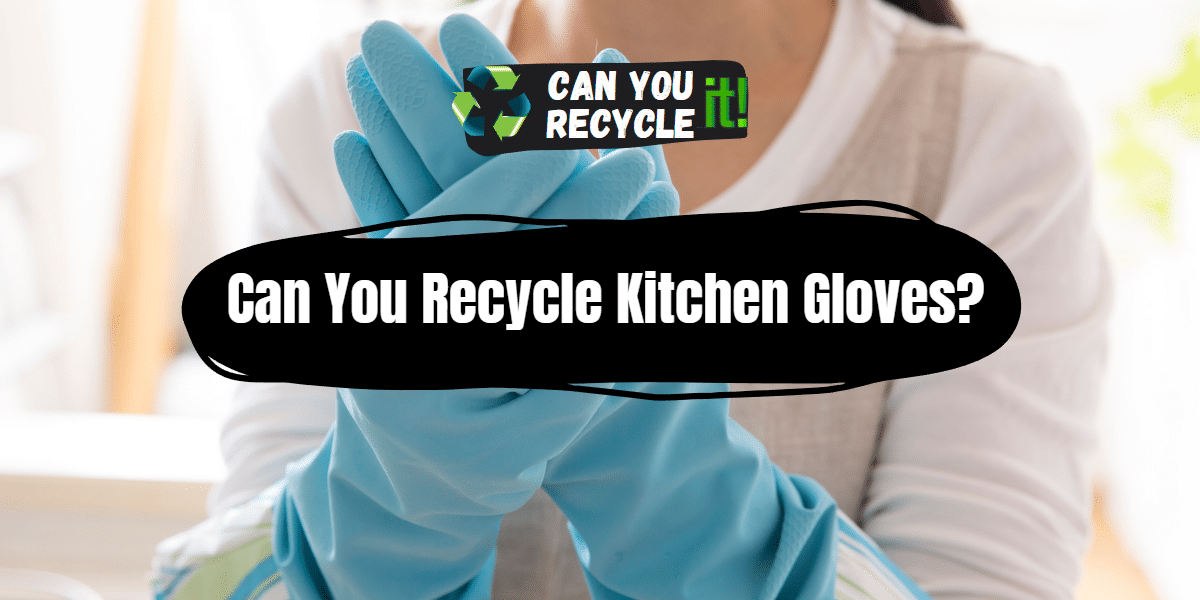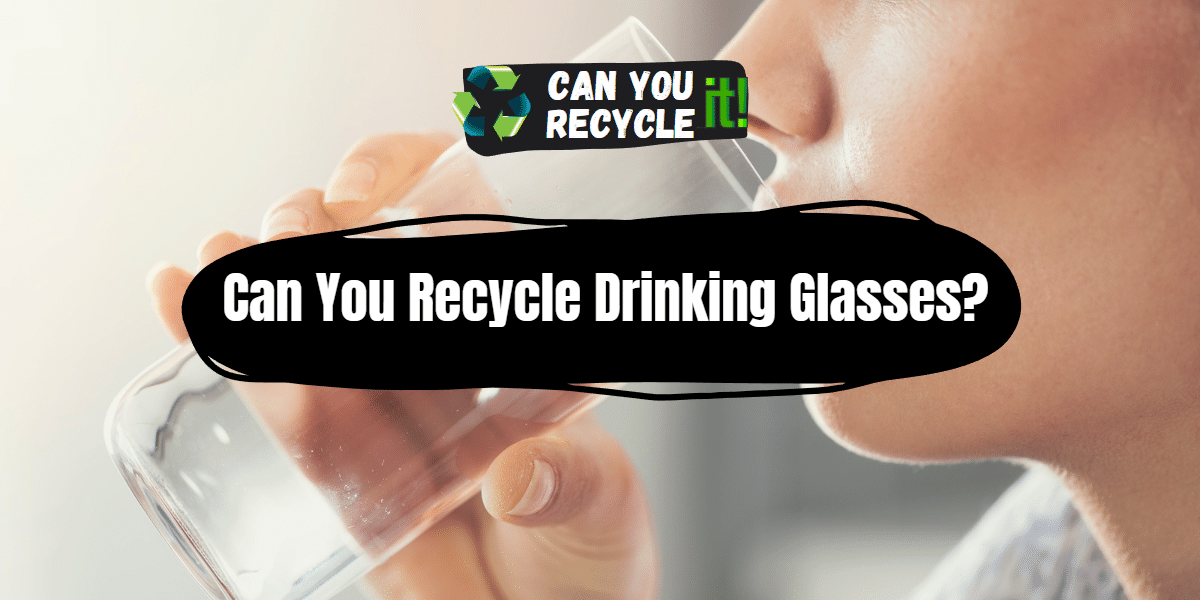Yes, Old appliances, such as refrigerators, washing machines, dishwashers, and electronics, can be recycled.
Recycling these items is essential because they contain valuable materials like metal, plastic, and glass that can be reclaimed and reused. Recycling also prevents these items from ending up in landfills, where they can contribute to environmental pollution.
When it comes to disposing of old appliances, many people are unsure of the proper methods to follow. Recycling old appliances is not only beneficial for the environment but also helps conserve valuable resources.
In this article, we will explore the topic of recycling old appliances and provide a comprehensive guide on how to recycle them responsibly. We will also discuss what to do with appliances that cannot be recycled and delve into the environmental impact of recycling. So, let’s jump right in!
Table of Contents
Do’s and Don’ts
When it comes to recycling old appliances, it’s essential to follow specific guidelines to ensure a smooth and environmentally-friendly process. Here are some dos and don’ts to keep in mind:
Dos
- Research recycling options: Look for local recycling programs or facilities that accept old appliances. Many municipalities have designated drop-off locations or pick-up services specifically for these items.
- Prepare appliances for recycling: Before recycling, make sure to remove any personal belongings, clean the appliance, and disconnect it from any power or water sources.
- Check for hazardous materials: Some appliances, such as air conditioners or refrigerators, contain refrigerants or other hazardous substances. Ensure these are correctly handled and disposed of to comply with safety regulations.
- Donate or sell working appliances: If your old appliance is still in working condition, consider donating it to a charitable organization or selling it to someone in need. This can help extend its lifespan and reduce waste.
Don’ts
- Dump appliances in regular trash: Avoid throwing old appliances in regular trash as they can take up valuable space in landfills and release harmful substances over time.
- Leave appliances on the curb: While it may be tempting to leave appliances on the curb for others to take, this can result in improper disposal or scavenging, leading to potential environmental hazards.
5-Step Guide to Recycle Old Appliances
Recycling old appliances can be a straightforward process if you follow these five steps:
Step 1
Research: Start by researching recycling options in your area. Check with local waste management facilities, recycling centers, or municipal websites to find where to drop off or pick up your old appliances.
Step 2
Prepare for recycling: Disconnect the appliance from any power or water sources and remove any personal belongings. Clean the appliance to ensure it’s free from dirt or debris if possible.
Step 3
Transport: Depending on the size and weight of the appliance, you may need assistance in transporting it to the recycling facility. Consider renting a truck or contacting a professional removal service if needed.
Step 4
Drop-off or pick-up: Take your appliance to the designated recycling facility or arrange for a pick-up service. Ensure you follow any specific instructions provided by the facility to facilitate the recycling process.
Step 5
Follow-up: After recycling your old appliance, inquire about any certifications or documentation you may need for tax purposes or to prove responsible disposal. Some recycling facilities may provide you with a certificate of recycling.
What to Do with Old Appliances That Cannot Be Recycled
While recycling is the preferred option for old appliances, there may be instances where certain items cannot be recycled. In such cases, consider the following alternatives:
- Repair or refurbish: If the appliance is still in working condition or can be repaired, consider getting it fixed or refurbishing it. This can extend its lifespan and reduce the need for a new appliance.
- Donate: Check if any local charities, community centers, or organizations accept non-working appliances for refurbishment or parts. They may be able to salvage usable components or repair the appliance for someone in need.
- Contact manufacturer or retailer: Some appliance manufacturers or retailers have take-back programs or offer recycling services for their products. Reach out to them to inquire about their disposal options.
- Explore specialized recycling programs: Some appliances, such as electronic devices or batteries, require specialized recycling processes. Look for programs that accept these items and follow their guidelines for proper disposal.
Environmental Impact of Recycling Old Appliances
Recycling old appliances has a positive impact on the environment in several ways:
- Conservation of resources: Recycling allows valuable resources, such as metals, plastics, and glass, to be reclaimed and reused in the manufacturing of new products. This reduces the need for extracting and processing virgin materials.
- Reduction of landfill waste: Recycling old appliances prevents them from ending up in landfills, which take up space and contribute to environmental pollution. Additionally, recycling avoids releasing harmful substances into the environment as these appliances break down over time.
- Energy savings: Recycling requires less energy than producing new materials. Recycling old appliances conserves energy and reduces greenhouse gas emissions associated with extracting, manufacturing, and transporting raw materials.
FAQs for Can You Recycle Old Appliances
Is it free to recycle old appliances?
The cost of recycling old appliances can vary depending on your location and the type of appliance. Some recycling facilities may charge a fee for certain items or provide free drop-off services. Contact local recycling centers to inquire about any associated costs.
Can I recycle small kitchen appliances?
Yes, small kitchen appliances like blenders, toasters, and microwaves can often be recycled. Check with your local recycling facility or municipal waste management for instructions on how to recycle these items.
What happens to appliances after they are recycled?
After recycling, appliances go through a process where they are disassembled, and the different components are sorted. Valuable materials like metals, plastics, and glass are separated and sent for further processing or manufacturing.
Conclusion 💭
Recycling old appliances is a responsible way to dispose of these items and contributes to a healthier environment. By following the dos and don’ts, conducting proper research, and choosing the appropriate recycling methods, we can ensure that these appliances are recycled efficiently. Remember, even if an appliance cannot be recycled, exploring other options like repair, donation, or contacting the manufacturer can help reduce waste and extend its lifespan. Let’s make recycling old appliances a habit and contribute to a more sustainable future for future generations.





Leave a Reply